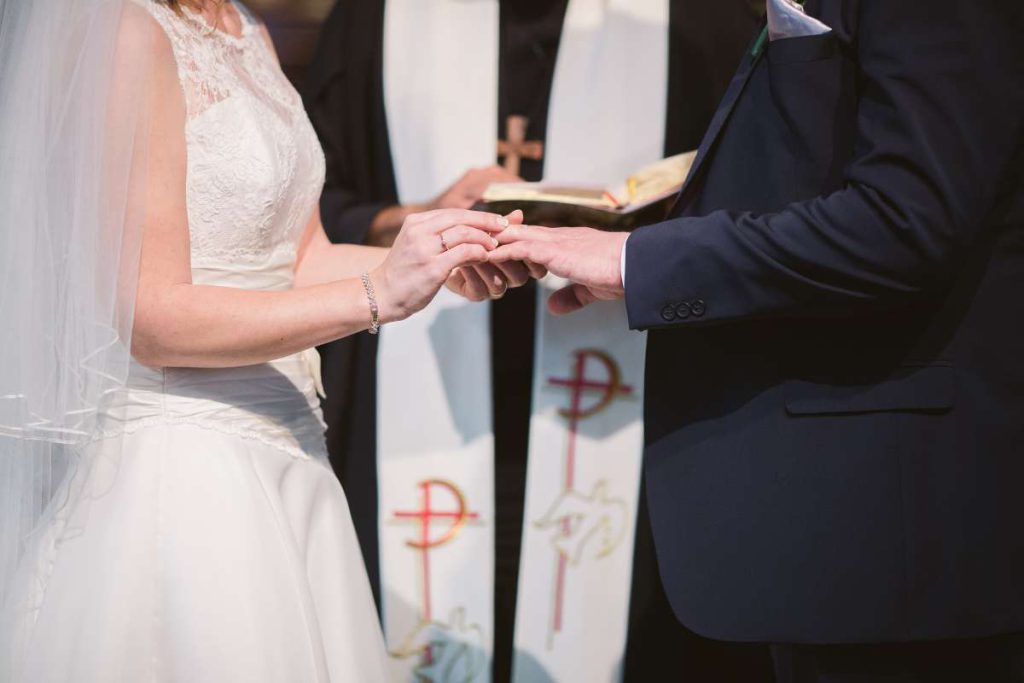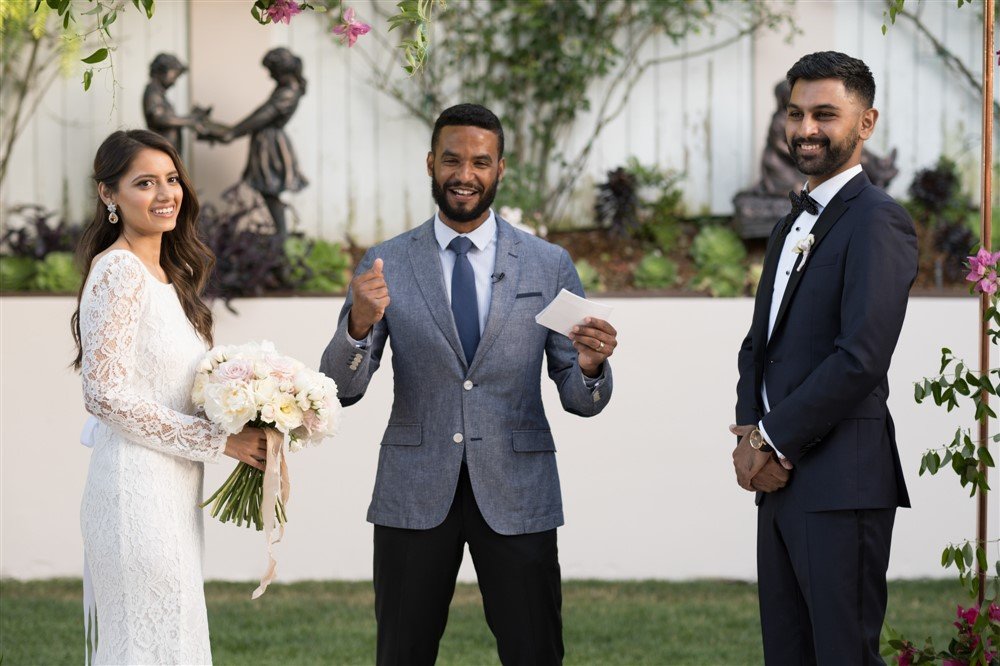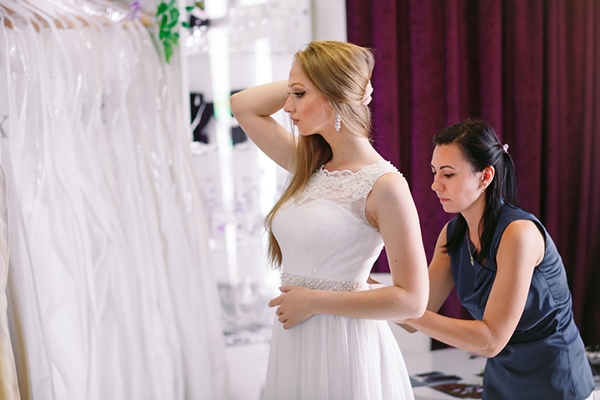The officiant performs the ceremony and can really help set the mood of the day. Choosing an officiant should be done with care- this third party will play a significant part in one of the most important rituals in your life.
Religious Officiants:
Ministers, rabbis, and priests are generally affiliated with a specific place of worship. If you attend religious services regularly, you may have a particular religious official who you would like to have perform the wedding. People who plan to get married in a place of worship may be required to use the services of the local parish officials. In general, religious officials will not perform non-religious services, or may need to obtain permission to do so.
Freelance Officiants:
These professionals are licensed to perform weddings, but are not necessarily affiliated with a particular church or religion. Using a freelance officiants can be a good option for people who want a non-denominational or non-religious ceremony. Freelance officiants are generally more open to customized, unique ceremonies, though some offer traditional religious services as well.
Talking to Your Officiant:
It’s important to sit down and discuss the details of your ceremony with the officiant. At most weddings, the officiant will make a short speech about marriage, commitment, and the couple, and thus will need to spend time getting to know you and learn about your relationship. Having a thorough discussion with your officiant will help him or her provide a more authentic, personal ceremony that really speaks about your relationship, specifically.
Marriage Preparation:
Some officiants offer marriage preparation classes. These are generally not “therapy” classes, where problems are discussed, but instead are meetings where the couple works with the official to define the importance of marriage for themselves, and discuss pertinent topics. This can be very illuminating for some couples, and provide you with a weekly chance to focus on your upcoming marriage, not just the details of the wedding. Classes usually meet once a week for a month or two before the wedding.
Rehearsal:
Be sure your officiant will be available to come to the rehearsal. Their attendance may be included in the fee or may require an additional payment. It’s customary to invite the officiant to the rehearsal dinner, if one is planned.





